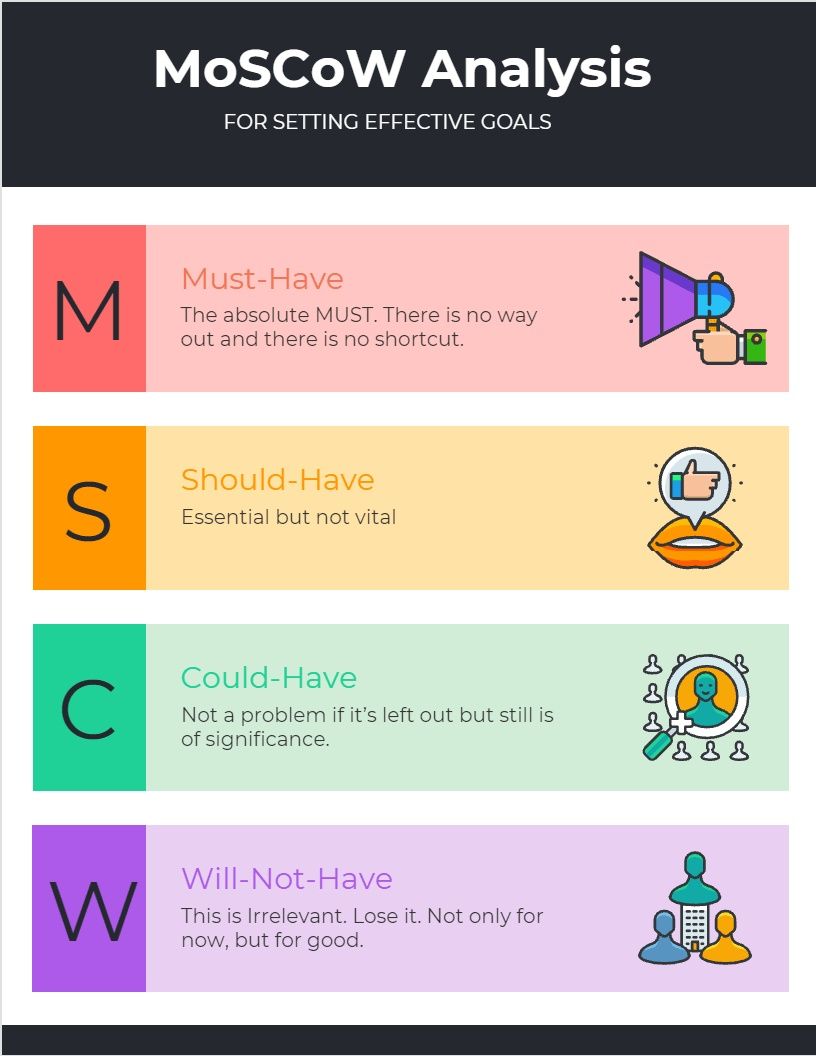Using the right tools for your business can free up your time and bring excitement to it. If you are rattled over which tools to choose, then follow this easy process and you'll soon be set up with the right tools for your business. The factors to consider in your selection process are:
Ideal Client
Your ideal client is the person you want to work with. The way you provide value to them is through your business model. If you're a new business woman, you might be thinking: "What is this business model stuff? I don't have time to figure this out and how I'm going to provide value to my ideal client."
Well, let me tell you: if you want to be successful, you need to know your ideal client. This is the person who will set the stage for everything else in your business. You should know everything about them and what they are looking for. Your business model determines how you are going to provide value to this person. You will answer questions such as:
- Will you work with them individually?
- Or will you work with them in group programs?
- What do you sell to them?
The technology you select really needs to make it as easy and convenient for your ideal client to become part of your community and conduct business with you.
Goals
Selecting the right tool for the job depends a lot on how you set up your business and what you are trying to achieve. But there is not a one-size fits all prescription for picking the right tool.
First, do yourself a favor and nail your requirements. It might help if you used MoSCoW method:
1. What features MUST this tool have?
2. What SHOULD it have?
3. What COULD it have (nice to haves) and
4. What WON'T it have
If you are unfamiliar with this techniques, following is an example of using it for prioritizing goals:

Next, make sure you understand all of your processes. Do you know what work needs to be done in order to complete the task at hand? How many steps are involved? How will you get from one step to another? When tools have similar functionality, aesthetics and price, it helps to know which one best fits your processes so that you won't need to change your way of working to fit the tool.
The Landscape
Besides the tools people use to access the internet, the technology landscape also covers the hardware and software that you have access to and the underlying tools you might use for marketing.
 Think you've found the perfect tool? Perhaps, but when considering a new business tool, it's important to check out the integrations section on its website to confirm that it is compatible with the rest of your tool landscape.
Think you've found the perfect tool? Perhaps, but when considering a new business tool, it's important to check out the integrations section on its website to confirm that it is compatible with the rest of your tool landscape.
Integrations are connections between independent tools that work together to share information and data between each other. They are built on APIs (application programming interface) and connect your tools together so everything can be used in unison. Some native integrations allow data to transfer seamlessly between two tools, so all you have to do is enter the login information (or API key) of the other tool. There are other tools requiring support of third-party integration tools such as Zapier or IFTTT in order for them to talk to each other.
Unfortunately some tools don't integrate at all, so your data won't flow automatically between tools unless you hire a developer to build a custom API for you.
Capability Range
The business tools on the market are competing for your attention. Some tools do one thing really well, while others try to cover all bases--so they are adequate at some things but may not the best in class at any one thing. It is easy to start getting confused or to have your system become chaotic when so many tools have overlapping functionality.
Business tools are like little engines, and they all work together to help you run your business smoothly. It's essential to know what all of your tools are and how they work together. Some things to ask yourself:
- What is each tool used for?
- What processes are associated with it?
- What do I need the software to be able to do that other tools can't already accomplish on their own.
Try to figure out how your ideal client will flow through the entire process of working with you. Selecting the right tools for your needs will save you time, money and frustration down the road.
Appeal
No matter how hard you try, sometimes you just can't figure out the business tools and their functions. The tool may be poorly designed or navigation within the tool may not make sense. Its also possible that the user interface doesn't work with the way your brain is wired.
I'm a strong believer in selecting the right tools. The tools you use should be intuitive and easy to use. Think of brands and products that master this. Then think about your favorite tools and be sure all new tools are as easy to use as they are.
Your Budget
This is where many people begin when choosing a tool, so I reserved this for last. The reason for this is that, unless you are just starting your business from scratch, affordability shouldn't be the main consideration when choosing a tool. Any business requires investment; therefore, as long as doing so doesn't jeopardize your company's financial stability, you should choose the tool with the best cost-to-value ratio.





 Think you've found the perfect tool? Perhaps, but when considering a new business tool, it's important to check out the integrations section on its website to confirm that it is compatible with the rest of your tool landscape.
Think you've found the perfect tool? Perhaps, but when considering a new business tool, it's important to check out the integrations section on its website to confirm that it is compatible with the rest of your tool landscape.

